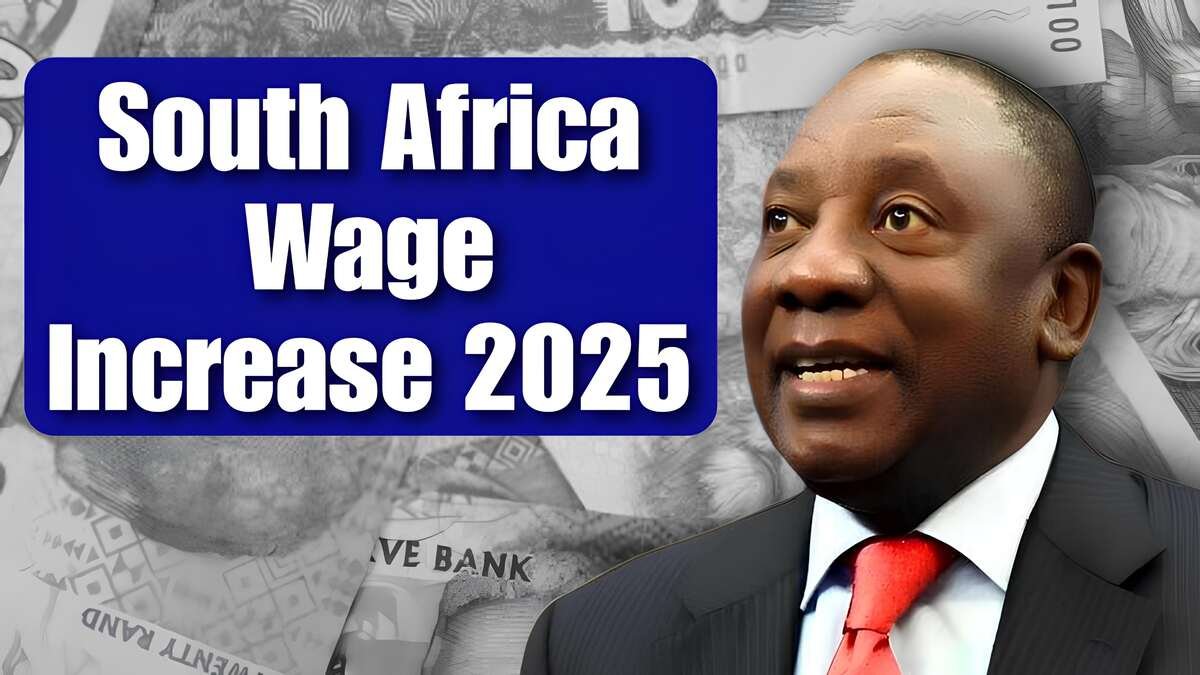This wage increase will mark a significant pay rise for South Africans in 2025, a change the workforce is optimistic will somehow ameliorate what now seem challenging economic realities. The private and public sectors have come together to launch wage increases across several sectors for inflation-proofing. Here is a close-up look at all that means for employees and the economy.
The Rationale For The Wage Increase
South Africa has been experiencing dynamic movements in inflation, increased cost of living, and stagnation in wages over the past years. In consultation with unions and businesses, the government has instituted wage hikes for the year 2025 that will cure such conditions. The proposed increase will do the following:
- Increase workers’ purchasing power.
- Reduce income inequalities.
- Increase consumer spending to spur economic growth.
Key Industries Affected
- Public Sector Employees : Healthcare workers, this includes teachers, police officers and other public servants, who would enjoy a “7% wage hike” on his remuneration. The adjustment is in recognition of the input that they have made to society.
- In Mining and Manufacturing : It is expected that an increase of about “5-6% in wages would apply to workers in mining and manufacturing, considering the labor pressures that have affected these high-risk industries”.
- Retail and Hospitality : Also benefiting would be retail and hospitality workers, who recorded a 4-5% hike in their salary, lifting wages in sectors traditionally considered low-paying.
- Minimum Wage Workers : The country’s national minimum wage now stands at R27 per hour, a big milestone towards achieving equitable pay for the lowest earners in the country.
How The Wage Increase Benefits Workers
- Improved Living Standards : The improvement in wages gives a worker the ability to pay for better housing, education, and healthcare.
- Lifting Morale and Productivity : A level of income attained with fairness boosts job satisfaction, reduces job turnover, and increases productivity at the workplace.
- Good for the Poor Group : The increase in minimum wage directly affects those working in low-income brackets by helping reduce their poverty levels.
Economic Implications
- More Consumer Spending : Increased disposable income as people have higher salaries will cause greater expenditure on goods and services, thereby stimulating local economy.
- Inflation Fears : Although raising wages would alleviate the burden of inflation on households, it would also mean raising prices by businesses to cover the high costs of labor.
- Jobs Problems : In fact, amid increasing wage costs, a segment of small firms would find it hard to absorb and hence limit employee allocation or shed some employees.
What This Means For Employers
They should make sure that they accompany wages upward movement with improved productivity during the process to reduce profit loss. They could invest in training their employees and introduce new technology, thereby reducing the cost incurred in wage adjustment.
Also Read: SASSA Call Centre Agent Jobs 2025: Urgent Notification From The Agency
